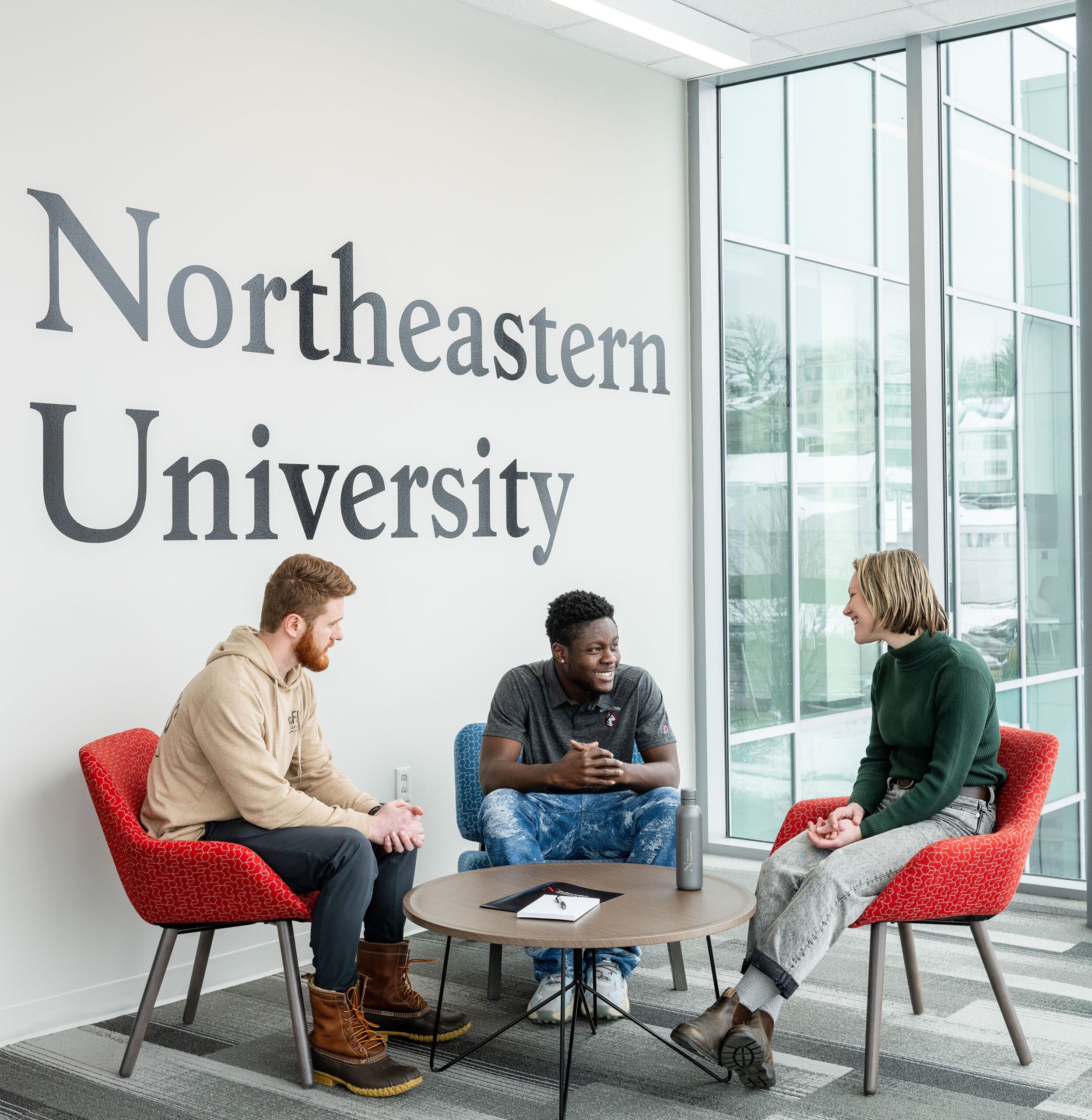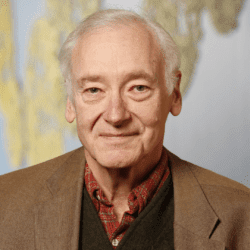Raimond Winslow
Director of Life Science and Medical Research; Professor of Bioengineering
Raimond Winslow is the director of life sciences and medicine research at the Roux Institute. He is also a professor of bioengineering in the College of Engineering, Computer Science in the Khoury College of Computer Sciences, and Clinical and Rehabilitation Sciences in Bouvé College of Health Sciences. Winslow’s research is in computational medicine, an emerging discipline that applies mathematics, engineering, and computational science to understand and more effectively treat human disease.
Prior to joining Northeastern and the Roux Institute, Winslow was the Raj and Neera Singh Professor of Biomedical Engineering and Founding Director of the Institute for Computational Medicine at Johns Hopkins University. His work at Hopkins focused on use of computational modeling to understand the molecular mechanisms of cardiac arrhythmias, or irregular heartbeats, and sudden cardiac death and the use of modeling methods to predict both the evolution of a patient’s health status over time and predict the onset of adverse health outcomes before they happen. He earned his PhD in biomedical engineering from Johns Hopkins University School of Medicine and a Bachelor of Science in electrical engineering from Worcester Polytechnic Institute. He is specialty editor of Frontiers in Computational Physiology and Medicine and is on the editorial board of numerous other journals.
Winslow lives in Portland’s West End. He is an avid sea kayaker, mountaineer, hunter, and fly fisherman.
Research Overview
Winslow’s team is advancing the emerging discipline of computational medicine. His group: develops computational models of disease using many different modeling approaches including AI/ML and dynamical systems theory; work to constrain these models using data from individual patients; applies these patient-specific models to better diagnose and treat disease.
Areas of Expertise
- Computational Medicine
- Predictive Analytics
- AI and Machine Learning
Publications
- Annapragada, A.V., Greenstein, J. L., Bose, S. N., Winters, B. D., Sarma, S. V., and Winslow, R. L. (2021) SWIFT: A deep learning approach to prediction of hypoxemic events in critically-ill patients using SpO2 waveform prediction. PLoS Comput Biol 17(12): e1009712. https://doi.org/10.1371/journal.pcbi.1009712
- Jin, Q., Greenstein, J. L., Winslow, R. L. (2021). Estimating Ectopic Beat Probability with Simplified Statistical Models that Account for Experimental Uncertainty. Plos. Comp. Biol. https://doi.org/10.1371/journal.pcbi.1009536
- SN Bose, JL Greenstein, JC Fackler, SV Sarma, RL Winslow, MM Bembea (2021). Early prediction of multiple organ dysfunction in the pediatric care unit. Frontiers in Pediatrics: Pediatric Critical Care, https://doi.org/10.3389/fped.2021.711104
- Liu, R., Greenstein, J. L., Fackler, J. C., Bembea, M.M., Sarma, S. V., Winslow, R. L. (2020). Spectral Clustering of Risk Score Trajectories Stratifies Sepsis Patients by Clinical Outcome and Interventions Received. eLife, 2020;9:e58142 DOI: 10.7554/eLife.58142
- Liu, R., Greenstein, J. L., Granite, S. J., Fackler, J. C., Bembea, M. M., Sarma, S. V., Winslow, R. L. (2019). ShockAlert: Early Detection of Septic Shock with Risk Models based on Physiological Monitoring and Electronic Health Record Data. Nat. Sci. Repts. 9:6145.
- Read more on Google Scholar

